Position Paper: EU’s proposed health data regulation ignores patients’ privacy rights
EDRi’s new position paper outlines how the European Commission’s proposal for a European Health Data Space, in an attempt to make use of people’s health data, would sabotage the rights of patients to make decisions about their private medical information.
Filter resources
-

Position Paper: EU’s proposed health data regulation ignores patients’ privacy rights
EDRi’s new position paper outlines how the European Commission’s proposal for a European Health Data Space, in an attempt to make use of people’s health data, would sabotage the rights of patients to make decisions about their private medical information.
Read more
-
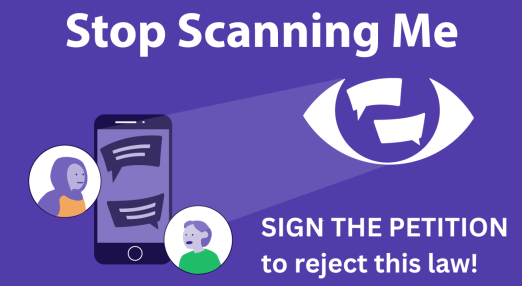
Petition: Children deserve a secure and safe internet
Join us in our fight against the EU's attempt to scan every move we make online. Sign the petition.
Read more
-

PEGA Committee must call for an EU-wide ban on spyware
The European Parliament’s inquiry committee on Pegasus and other similar spyware (PEGA) is working on a set of recommendations for the regulation of the use of intrusive spyware by EU Member States. It is still unclear whether the Committee will dare to set vitally needed red lines and call for a sufficiently protective European Union-wide framework against spyware in its non-binding report. EDRi submitted amendments to strengthen the demands for the protection of affected people and democratic values.
Read more
-

TikTok’s “Focused View”: the creepy new feature aims to monetise your emotions
Ever heard of TikTok’s “Focused View”? With this new feature launched in October 2022, TikTok claims it can track your emotions to sell ads. We have our doubts if that’s even possible – but it certainly is invading your privacy to drive profits. Here is why, and what it means for users in Europe.
Read more
-
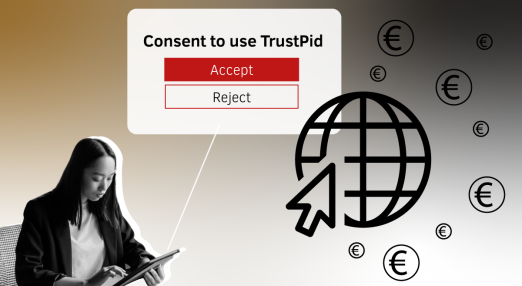
TrustPid: Baking ad tracking into the internet infrastructure
A consortium of Europe’s largest telecommunications operators (telcos) has proposed a new kind of tracking ads system to challenge commercial surveillance heavyweights like Google and Facebook. The new tracking system, misleadingly dubbed ‘TrustPid’, would be baked into the internet’s network infrastructure – potentially with little recourse or defence for users.
Read more
-

Member States want internet service providers to do the impossible in the fight against child sexual abuse
In May 2022, the European Commission presented its proposal for a Regulation to combat child sexual abuse (CSA) online. The proposal contains a number of privacy intrusive provisions, including obligations for platforms to indiscriminately scan the private communications of all users (dubbed ”chat control”). There are also blocking obligations for internet services providers (ISPs), which is the focus of this article.
Read more
-

The UK will treat online images of immigrants crossing the Channel as a criminal offence
On 17 January, the United Kingdom (UK) government announced that online platforms will have to proactively remove images of immigrants crossing the Channel in small boats under a new amendment to be tabled to the Online Safety Bill. The announcement, intended to bolster the UK’s hostile immigration policy, has been met with concern among the British public and charities working with people on the move.
Read more
-
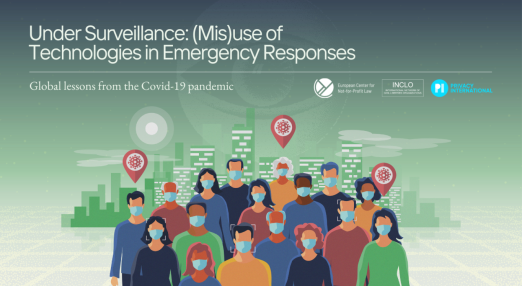
Under surveillance: (mis)use of technologies in emergency responses
In the months following the beginning of the COVID-19 pandemic, more than half the world’s countries enacted emergency measures. Within this broader context, we have seen a rapid scaling up of governments’ use of technologies to enable widespread surveillance. How has this impacted civil society groups globally?
Read more
-
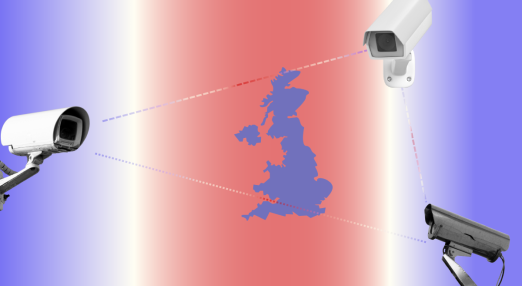
Update: UK’s Online Safety Bill heralds a trio of surveillance
The UK’s Online Safety Bill was back in the Westminster Parliament in December It had been stalled for five months whilst the new British government made a few changes. A Parliamentary debate on Monday (5 December 2022) revealed the shift in policy direction for the first time. It’s a relatively small change with big implications. Read more about the changes.
Read more
-

Back to the Future: Activism, the copyright Directive and lessons for the present
The Copyright Directive marked a key moment in internet history. Civil society, and EDRi in particular, have reflected on the role we played in the political debate and what would that mean for future digital policy fights. In this blogpost, we look back to assess the success of the strategies we adopted and what are the takeaways we should keep in mind when challenging current human rights threats like chat control and facial recognition.
Read more
-
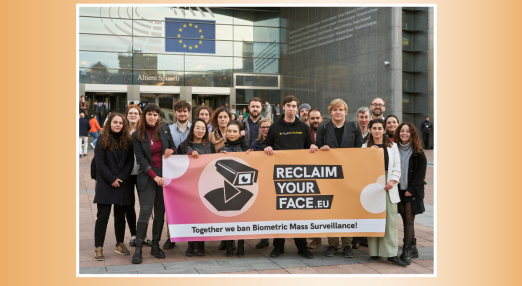
Reclaim Your Face movement gathered in Brussels
Between 6 and 9 November 2022, more than 20 activists from across Europe gathered in Brussels to celebrate the successes of the Reclaim You Face movement. We got to meet each other in real life after months of online organising, reflected on our wide range off decentralised actions, and learned from each other how to couple grassroots organising with EU advocacy aimed at specific events and EU institutions. Read on to see what we did.
Read more
-

PEGA hearing: state hacking and spyware in Germany
On 14 November, EDRi observer Andre Meister from German digital rights newspaper netzpolitik.org, spoke at the PEGA committee's hearing in his capacity as an investigative journalist, covering state hacking for over a decade. Check out what he had to say to the PEGA committee responsible for investigating the use of the Pegasus spyware in Europe.
Read more
